
Photo: Jr Korpa

Photo: Jr Korpa
The term "premonition" refers to a feeling or intuition that something, often of significant or disastrous nature, is about to occur before it actually happens. Some people experience premonitions as vivid dreams where they foresee events that later come true. Others experience spontaneous, involuntary feelings or visions about future occurrences that come to them while awake without any conscious effort or intent.
Premonitions are generally considered to be a type of extrasensory perception (ESP), which refers to the ability to acquire information without using the known physical senses. Premonitions are seen as a psychic phenomenon where individuals gain insight into future events, typically through intuitive feelings rather than rational processes.
Premonition and precognition are terms that are often used interchangeably. They both relate to foreknowledge of future events without using the five traditional senses, but they do have subtle differences. Precognition is specifically about knowing or seeing events in the future through extrasensory means before they happen. This can include details about when and where an event will occur and involves a clear, often vivid, cognitive awareness of what is going to happen.
Premonition, on the other hand, is more about having a general feeling that something is going to happen, without the specific details that precognition might provide. This sensation is usually more a sense of foreboding or anxiety rather than a clear visual or auditory foresight with explicit scenes or details.
Some think that premonitions might result from the brain's ability to subconsciously process information gathered through normal sensory channels. This could involve picking up on subtle environmental cues, patterns, and details that are not consciously noted. The brain then uses this data to generate a 'prediction' about future events, which surfaces as a premonition. For example, a person might pick up subtle cues from their environment without consciously realising it, leading to a 'gut feeling' that something is about to happen.
From this angle, premonitions might not necessarily require a special psychic ability but could be a heightened form of intuition that many people could potentially develop or experience, especially in situations of high emotional impact or stress. Emotional states are said to influence the occurrence and nature of premonitions. High-stress situations, anxiety, or intense emotional periods may trigger more frequent or vivid premonitions. Some psychologists suggest that emotional arousal related to fear or anxiety might heighten sensitivity to foreseeing potential threats, which could be an evolutionary mechanism.
Skeptics argue that premonitions are merely coincidences or the result of confirmation bias, where people remember the instances when their premonitions come true but forget or ignore the times when they do not.
Despite its frequent mention in paranormal circles, the concept of premonition isn't confined to the world of paranormal research. It's also a topic of interest in psychological studies, and it even gave rise to a British organisation dedicated to collating and testing claims of premonition.
The British Premonitions Bureau was formed in 1966 by psychologist Dr. John Barker following the Aberfan disaster and the many claims that people had premonitions prior to the tragedy. This catastrophe deeply impacted Barker, leading him to explore whether premonitions could serve a practical purpose in predicting and providing an early warning system for future disasters.
The bureau asked people from across the UK to report their premonitions to them. These reports were then catalogued and analysed to see if they could be linked to subsequent events. The bureau gained significant attention when it recorded a few notable successes, such as accurate predictions regarding a near-fatal rail accident and other disasters.
However, the project was not without its critics. Many were skeptical of the bureau's work, arguing that the hits were often overshadowed by the volume of vague or unverifiable premonitions that did not materialise into actual events. This criticism pointed to the inherent difficulty in using premonitions as reliable sources of information, given their subjective and often non-specific nature.
The bureau was dissolved in 1968 after Barker's death, something that was reported to the bureau as a premonition, although the cause of death was not accurately foreseen.
More Essential Parapsychology
See All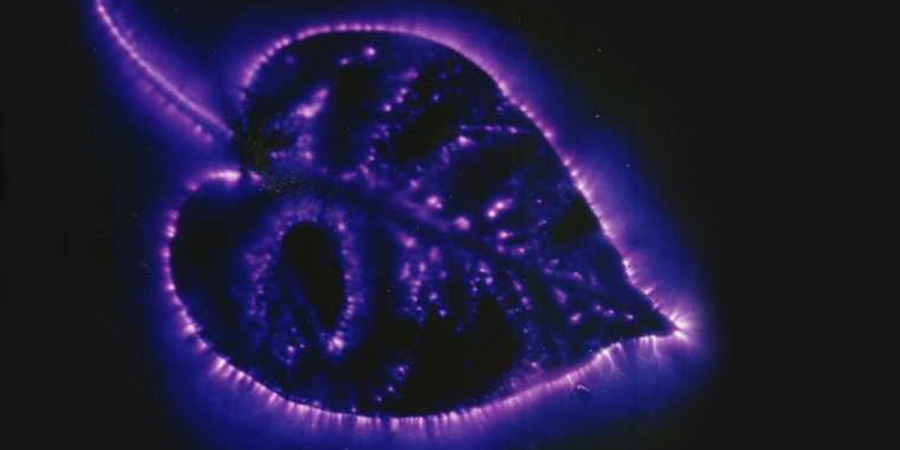
ArrayOctober 11, 2024
The Reality Behind Kirlian Photography’s Glowing Auras

ArrayOctober 07, 2024
Could Retroactive Psychokinesis Allow Us To Influence The Past?

ArrayOctober 05, 2024
What Spontaneous Cases Are & Why Parapsychologists Research Them
Further Reading
Dive into the world of the paranormal and unexplained with books by Higgypop creator and writer Steve Higgins.

Whispers From The Other Side
A guide to capturing and analysing EVPs for ghost hunters of all levels, covering techniques and theories.
Buy Now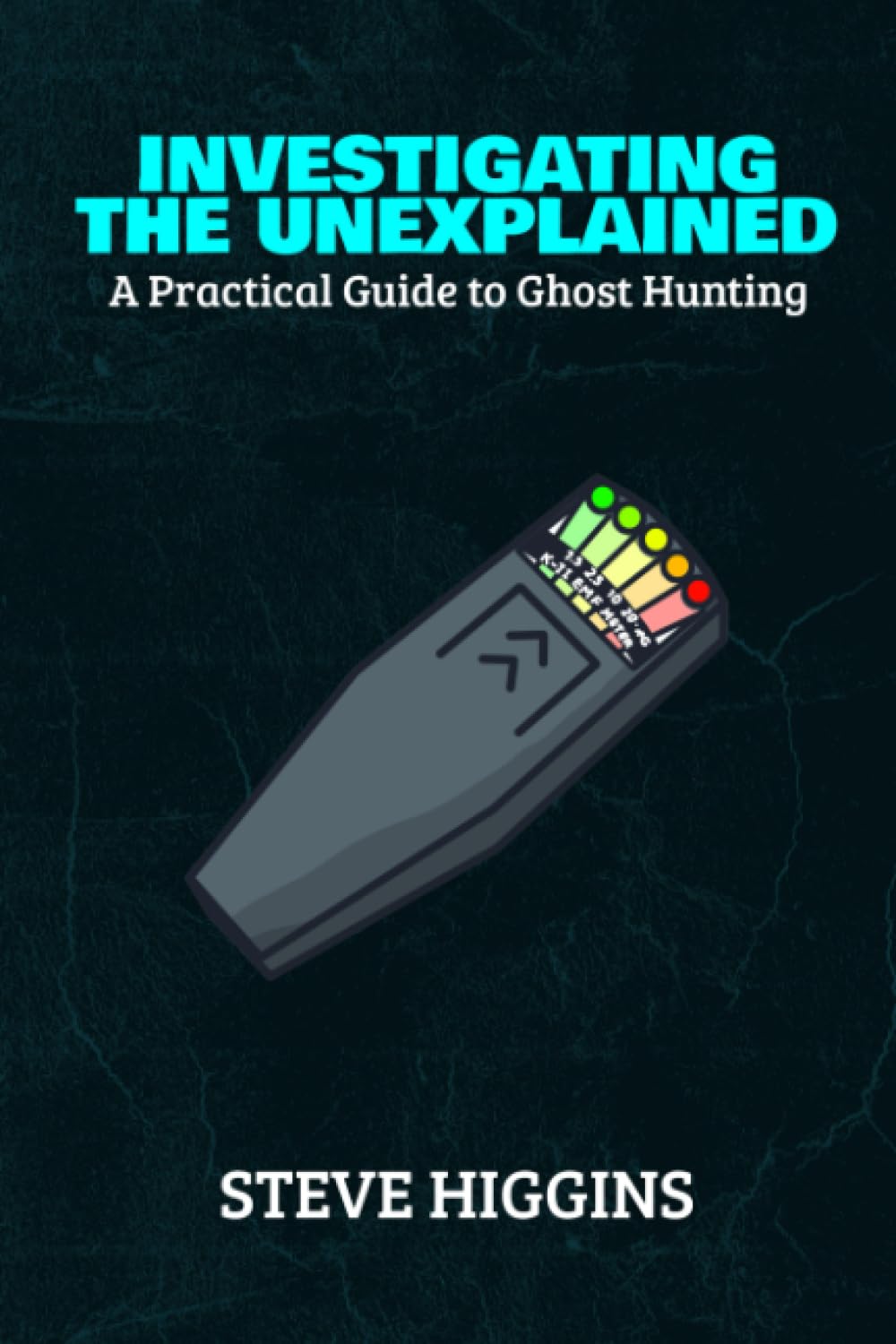
Investigating The Unexplained
Practical advice on conducting paranormal investigations and uncovering the unexplained.
Buy NowMore Like This
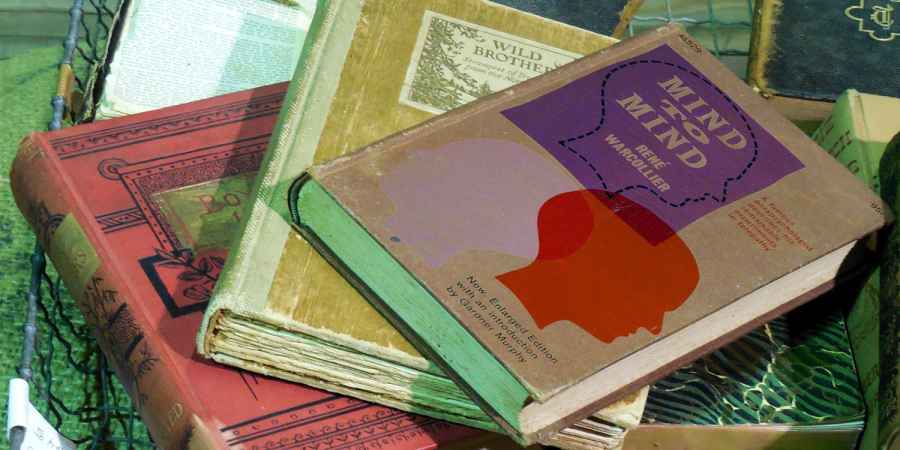
BooksMarch 17, 2025
Revisiting 'Mind To Mind': René Warcollier's 1948 Book On Telepathy

Remote ViewingMarch 16, 2025
Remote Viewing Glossary: Key Terms & Definitions
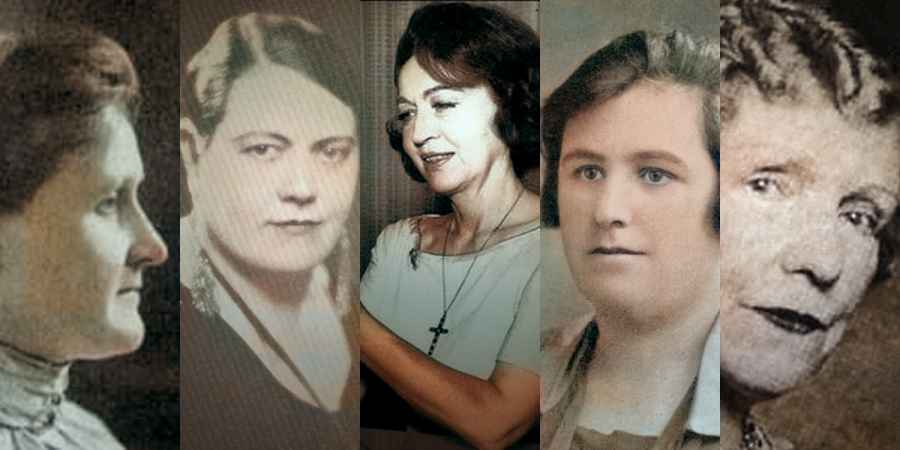
Womens DayMarch 08, 2025
Influential Female Psychics & Mediums

Remote ViewingMarch 07, 2025
Examining The Best Evidence For The Existence Of Remote Viewing
 See More on Audible
See More on Audible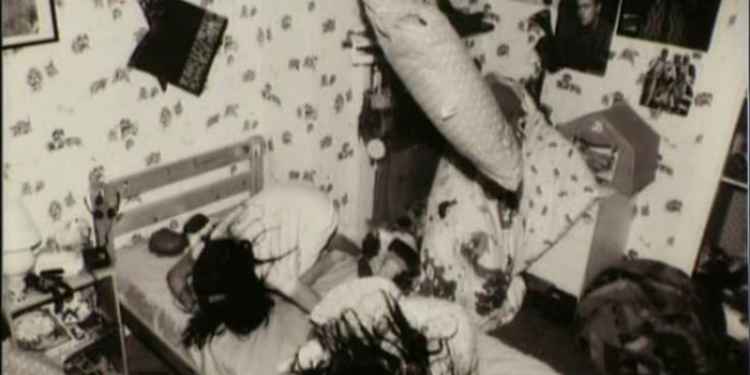

Comments
Want To Join The Conversation?
Sign in or create an account to leave a comment.
Sign In
Create Account
Account Settings
Be the first to comment.